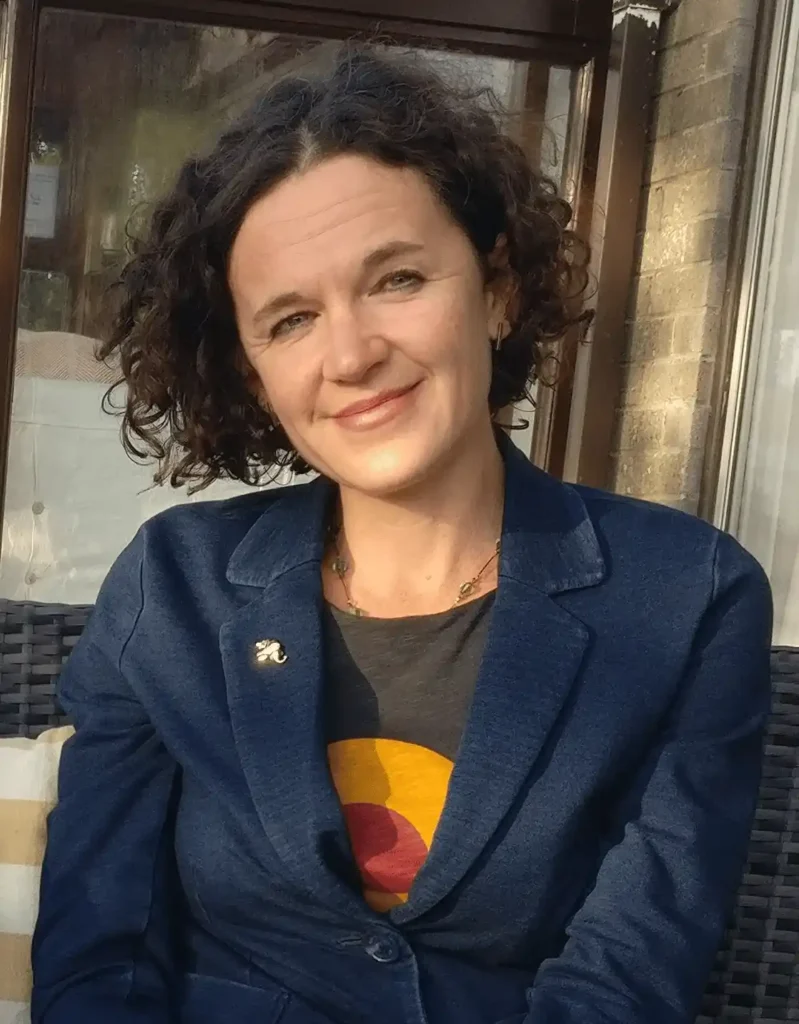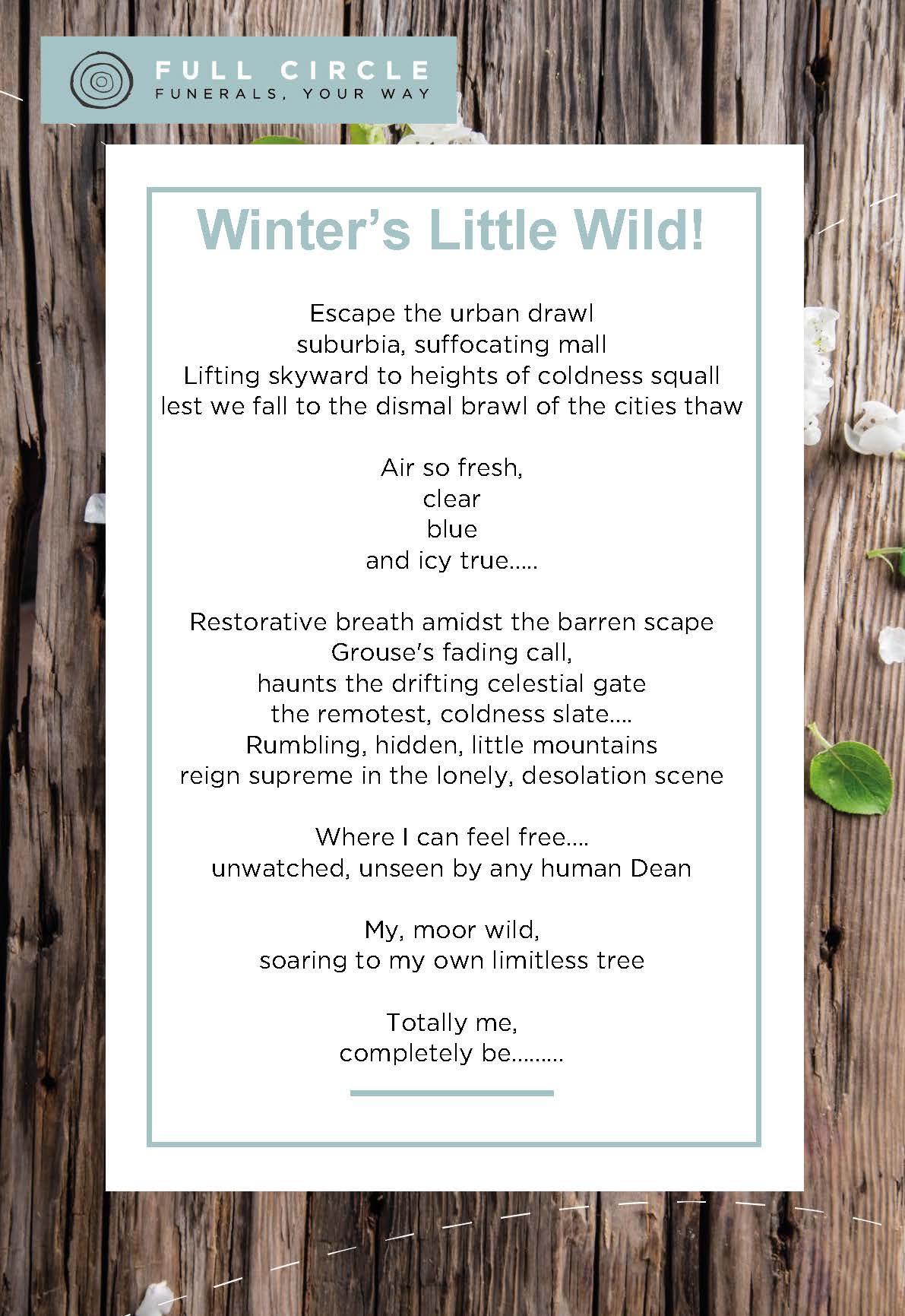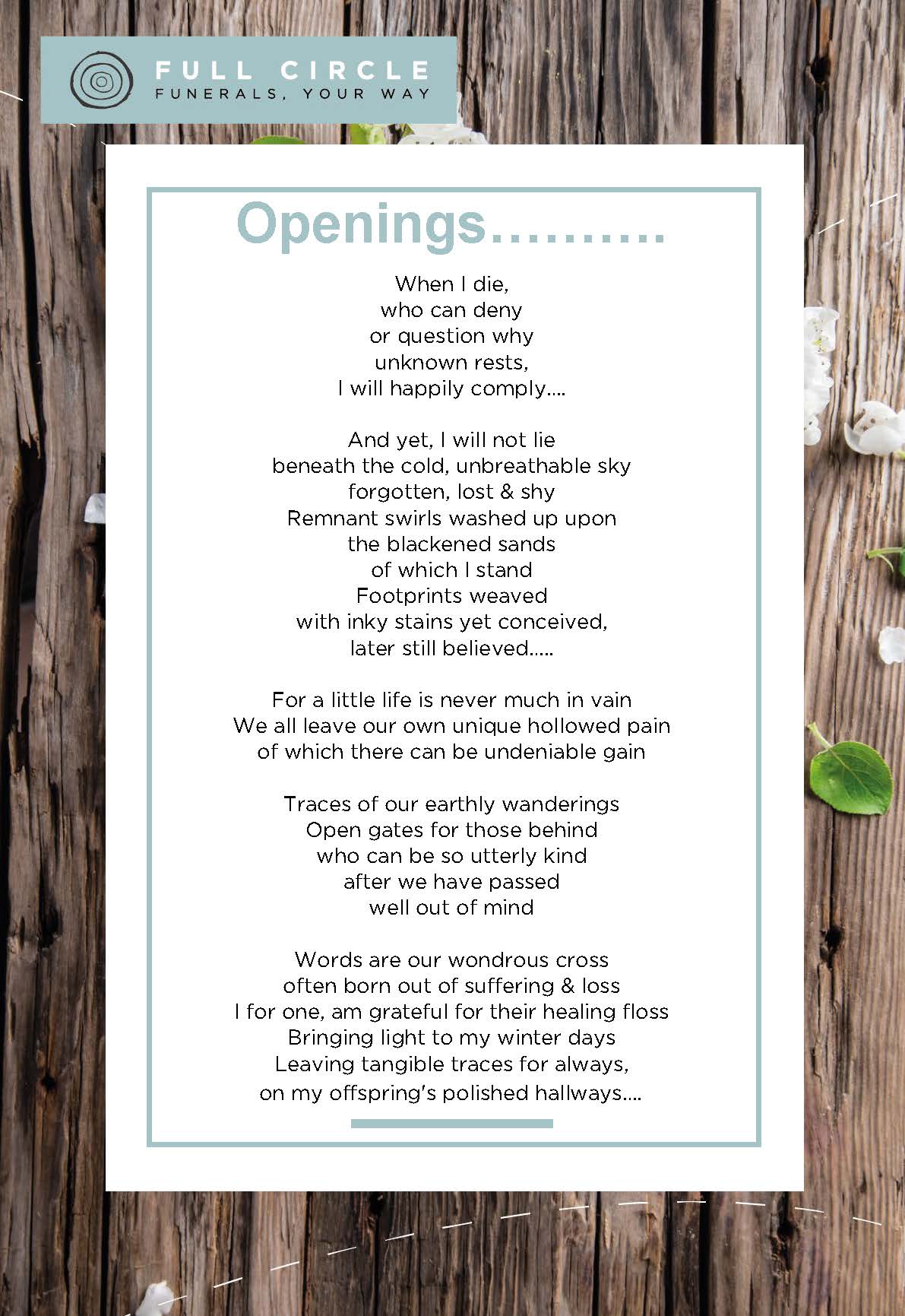







Emma Pickering is a support worker for bereaved carers at Carers Leeds. We chatted to her about the unique nature of her work and how she uses creativity to look after her own wellbeing.
How did you get into specialist grief support?
My background is in social work and I worked with children and families before moving into fostering social work, where I first developed a real interest in supporting people through loss. Working with short term foster carers helped me understand the feelings of loss they experience when children move on from their care. I later joined Cruse Bereavement Support and trained to be a bereavement support volunteer and then worked for Leeds Cruse Bereavement Support for a period before becoming a support worker for bereaved carers at Carers Leeds.
Tell us about the special type of work you do at Carers Leeds
Bereaved carers experience a unique type of loss. Very often they have given up their job, friends and former lives to care full time for someone and when that person dies, the loss they experience is amplified by the fact that their whole identity was linked to their role as a carer.
How do you offer support and is there anything those reading this could learn from your approach that might help them support people who are experiencing loss?
As a social worker I was expected to find a solution whereas in my role as a bereavement support worker I am there to give people space to be sad. It can be unhelpful to try and fix people who are experiencing grief and can come across as dismissing how they are feeling. Bereavement support is about sitting with someone and being comfortable with the uncomfortable, acknowledging where they are in their journey at that moment and letting them be raw and honest.






People often find it hard to know what to say to someone who is grieving. Do you have any advice?
Nobody’s experience of grief is the same, so even if you have experienced grief before or supported someone through loss, another person’s experience and journey will be quite different. It is important to meet someone where they are and accept how they are feeling and reacting to the situation. It’s all about very good listening skills and demonstrating empathy.
Do you ever find it difficult to cope when you are supporting people through such difficult times?
Yes, it is heavy and often intense. I absorb a lot of emotion and sadness so I have had to learn how to look after myself. I am resilient but even so, there is a danger that if I don’t find ways to restore myself and refill the well, I won’t be able to support people properly.
Have you discovered any particularly powerful ways of supporting your own wellbeing?
The support I offer is very intensive and the sessions are by necessity confidential and intimate, allowing people to feel completely at ease to share their deepest feelings. I give myself that intimacy and space by writing poetry. Intense emotion often sparks creativity and writing gives me an outlet when I have been bearing witness to people’s innermost suffering. It gives me a tool to cope and that’s important because I don’t want to have an off day. I want to be there for people. Writing is a win win because it helps me and by doing so it sustains me to help others.






What do you write about in your poems?
My writing is very much inspired by and interwoven with nature. I don’t overthink it, I just let the words flow. The process is so healing and I find it a really helpful way of acknowledging difficult feelings. When I read them back I feel the same healing benefit. Some of my poems make the fridge and I stop and read them during the day so they keep sustaining me. Looking back on them is good for my self-development because it shows me where I was and how far I’ve come.
Have you had any of your work published?
I have had one poem published in a specialist book about healing and grief but my writing has always been something I’ve done just for me. It’s a process I benefit from and when I’m writing I’m not thinking about the finished article. I don’t want to set myself a task and I don’t worry about proper use of grammar, it’s just a way to let my internal voice out. It’s like therapy, a way to be honest with my emotions. Sometimes I don’t feel the need to write but when I do need to refill the well I use writing to do that.
Would you recommend writing to others who might be experiencing loss or suffering?
Creativity often helps people process difficult emotions. Sometimes people find art is a good outlet or they might use music. They might find it helpful to write a letter to a person who is not there. Some people write to a person who has died every day and they can find it very soothing and comforting. It can be a way of continuing a bond and maintaining a relationship after loss. There are lots of ways creativity can help us look after our wellbeing. I sketch as well, even though I was always terrible at art at school. I always draw nature and it isn’t about how good it is to look at, it’s about how the process restores and helps me.
Would you mind sharing one or two of your poems?
















